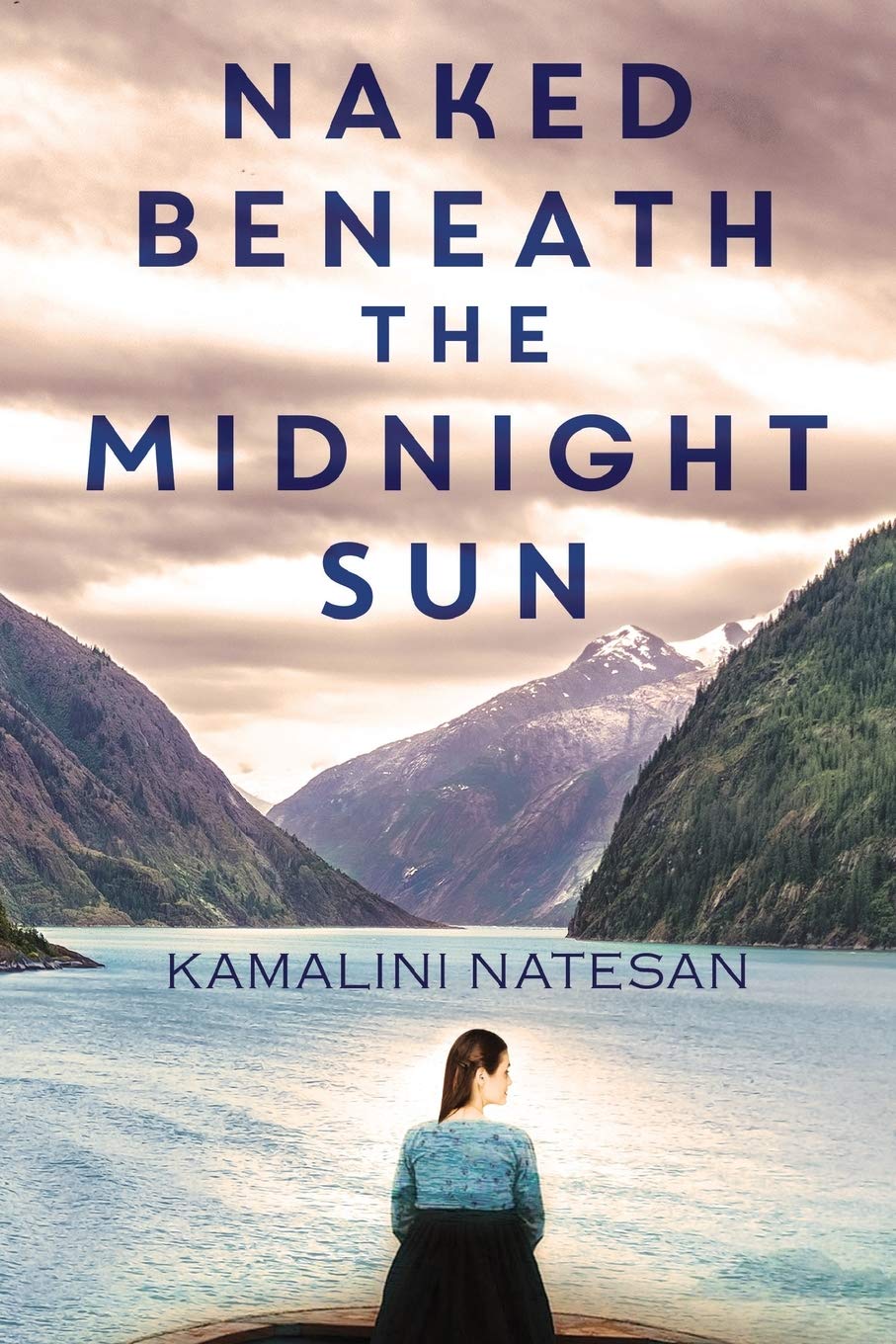A stellar debut. Chinappa’s book of short stories has a very intriguing title- – a Hindi phrase, a slang loosely translated is calling a person overtly dramatic, in a casual way. Whatever….
The stories showcase the drama of life with women as protagonist in each one: delicate, roguish, overt, introvert, the sufferer, the bearer of truth or the ever-changing face of lies and meanness. She is the mother, the wife, the nautanki nautch girl, or Banjaran- and the one who uses a mask to both efface and never ever forget why she must don it.

Photo by Jan Canty on Unsplash
Each story delves into the psyche of the protagonist in Mohua’s limpid style, winding the reader by a thread that leads into the woman’s soul. The narrative, as I felt it, bespeaks a fable-like quality- almost transcending time as these tales appear to be eternally true at their core. These tales unfold everywhere, in every country, only the faces change as human nature continues to rob and plunder the very soul of a character who is not up to them, or is in the way, or needs to be put down one way or another. Where one can overpower and deride, one does, that is the nature of power play.
Does Chinappa speak of women as the weaker sex? No, on the contrary- she is the voice of the woman who hopes and lives on and is a survivor. She smiles, she weeps and she speaks when heard.
Mohua herself is a successful podcaster (The MoodyMo Awaaz Podcast) and a story writer. Her forte lies in characterization and culling a whole being from the fragments she may’ve encountered over many years of meeting these women. I sensed and felt every woman in each story. It’s a beautiful moving debut. I was impacted and touched by the plight of the women, as much as their innate strength.

Photo by Ashwini Chaudhary on Unsplash
There is a freshness to her writing; a simplicity in it that belies the depth of what the story carries in its womb- the profound pain and the undying will to live on with it, as second skin.
I have my favourites- the first two were slow starters, but then the stories pick up pace, and (3) Biswas Will Never Speak About Her; (5) What the Body Remembers, not a significantly unusual story, but the telling sets it apart. (8) Long Way from Home, the story of migration touched me deeply. It would touch many.
(10) The Other Girl – the story of Mamoni who is married off as a young girl. We urban women who will read her story will know that many a young girl has been married off thus, in smaller towns, to older men, to pay off debts or simply to be rid of yet another daughter in the house, waiting in a queue to be married off, the burden gone.

Photo by Vignesh Moorthy on Unsplash
(11) Teen Choto Chamuch (3 small spoons) is a sweet, heartfelt tale. And (14) Ati Shundori is about the lady whose silence is more powerful than her words, whose masked self is the one that is her downfall brought about by a ten-yr old girl. Why was she so vain?
The last story in this collection – (15) This Happens When you Let Go in Front of a Gypsy; was possibly the most powerful where Chinappa has truly showcased her storytelling talent saving the best for the last. There is a fiery exchange between two women where one literally buys the other’s soul, in subtle undertones, where the physical merges with the ephemeral and intangible. “I told her I loved her jewellery. She said she loved my watch. Her eyes shone as she looked me up and down.”

Photo by Frédéric Barriol on Unsplash
I needn’t say much more. Do pick up this starry collection, and travel to lands that are both familiar and unfamiliar, with women who might suddenly be noticeable and more real than they’ve ever been. Watch out, they are all around you!
I hope Mohua Chinappa continues to write more stories. Well done!
©kamalininatesan, April 2022





0 Comments